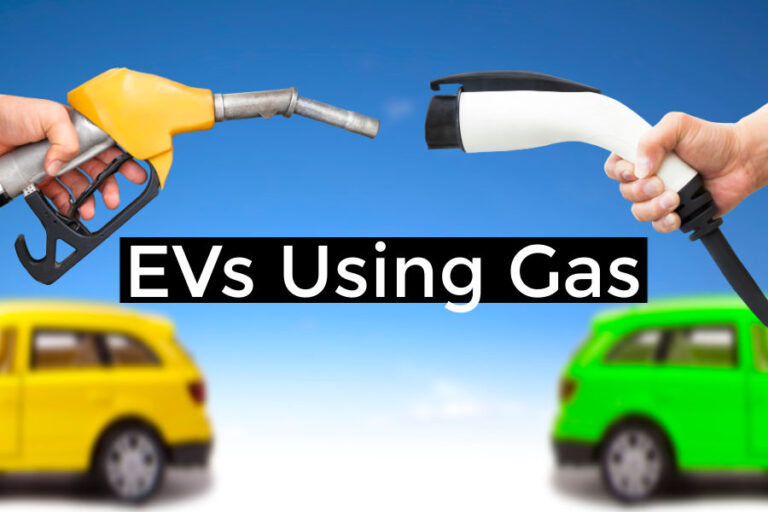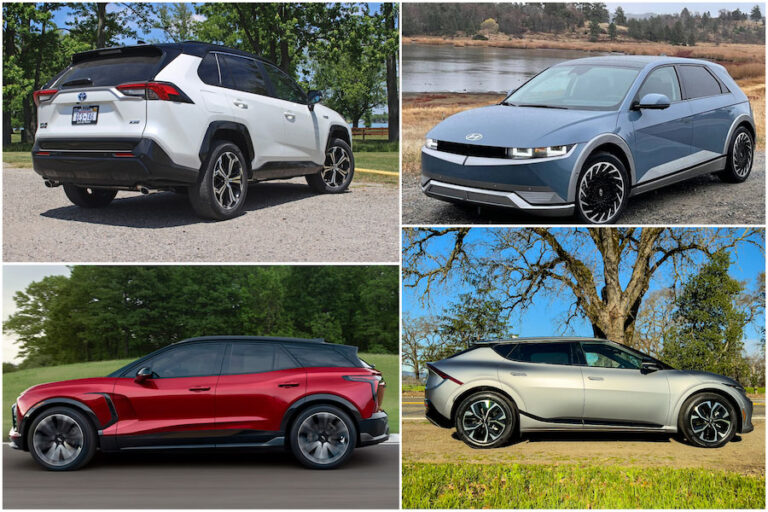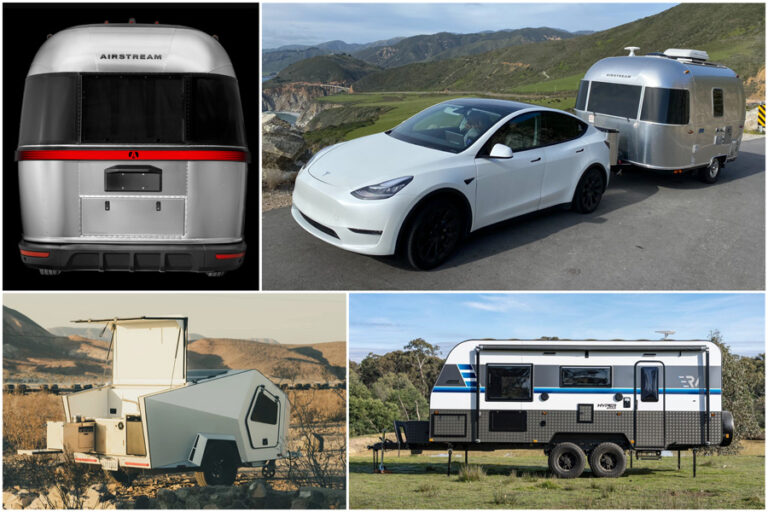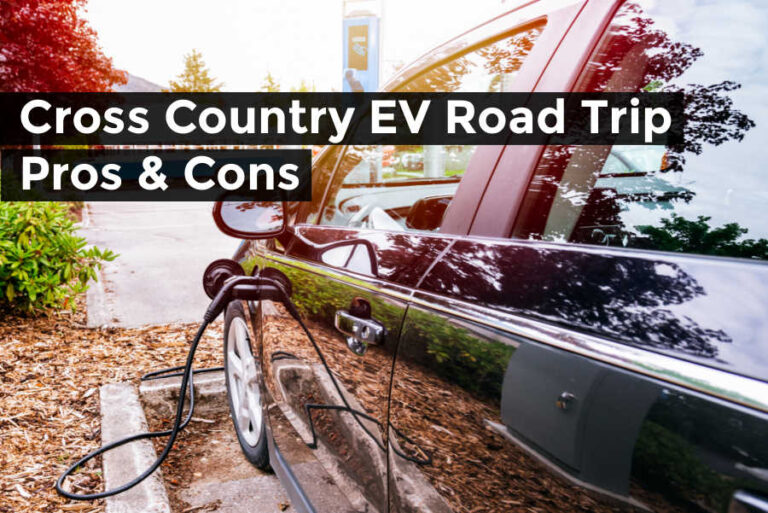Thinking about buying an EV? Here’s what to know
With a growing push towards sustainability and new technology, the electric vehicle (EV) market is evolving rapidly. Making the switch to EVs is a compelling choice for environmentally-conscious consumers seeking long-term savings or the latest technology.
Purchasing an EV differs notably from buying a conventional car due to the range of incentives and unique considerations.
Federal tax credits, state rebates, lower maintenance expenses, reduced fuel reliance, improved efficiency and range, home charging, and the growing public charging network are all factors to consider when buying an electric vehicle.
If you’re consider an EV purchasing, read on!
Key things to consider if you’re thinking about purchasing an EV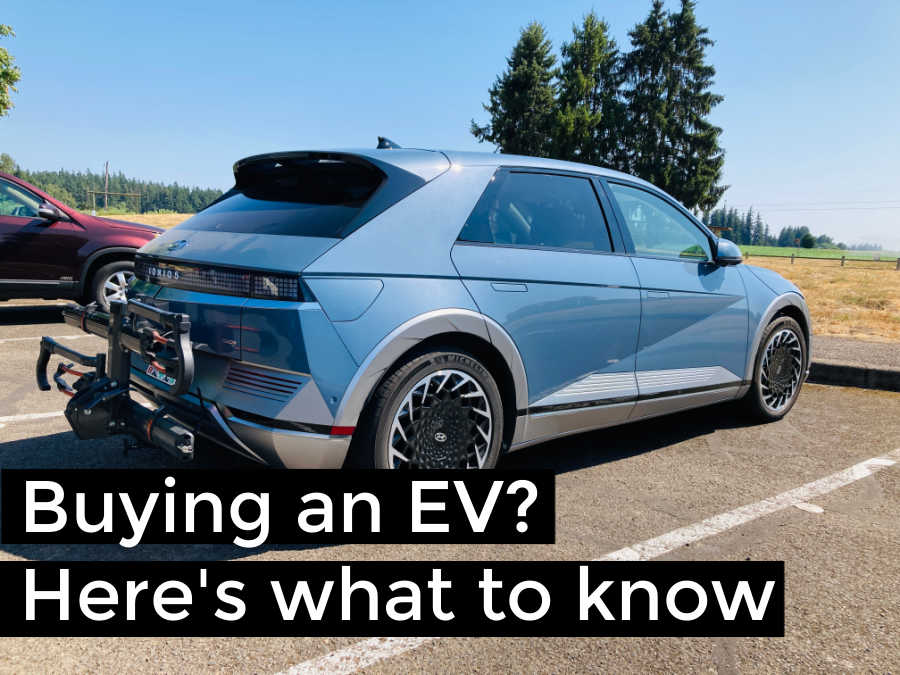
Your Future Driving Needs
Consider your typical driving patterns and needs. If you primarily use your vehicle for commuting or drives within town and you have access to home charging, an EV could be an excellent fit.
If long road trips are a frequent part of your lifestyle, you’ll need to plan ahead for charging stops and the time it takes to charge up. With longer range vehicles, this is becoming less of an issue, and many EV owners enjoy the built-in need to take breaks en route.
Calculate the longest distance you typically need to drive within a given day. This is a good starting point for the range you’ll want on an electric vehicle, assuming you’ll be able to charge back up overnight with an at-home charger.
Environmental Impact
EVs contribute to reducing carbon emissions and reliance on fossil fuels. By choosing an EV, you’re making a positive contribution to environmental conservation and sustainable transportation.
EV Incentives and Tax Credits
American EV customers have many incentives and credits available to offset their EV purchase and save money.
At the federal level, there’s a tax credit of up to $7,500 for new EV purchases, though eligibility and vehicle-specific conditions are important to consider. Some States offer their own rebates on top of the federal incentives.
Leasing an EV often comes with incentives as well, as federal tax credits are applicable to leased electric vehicles.
Various manufacturers also offer rebates, lease incentives, and dealer cash for EVs. Some even partner with charging companies to provide free recharging for a certain period.
In addition, there are incentives for home charging systems, helping to further lower the costs associated with EV ownership.
While the specifics can vary, these incentives collectively aim to make the transition to EVs more accessible and appealing for consumers.
Savings On EV Upkeep
One of the most compelling aspects of EV ownership is the significant cost savings over time.
While recharging costs are generally lower than traditional fuel expenses, the real advantage lies in reducing maintenance. EVs have fewer moving parts compared to internal combustion engine vehicles, translating to lower maintenance costs over the vehicle’s lifespan.
Charging Infrastructure Growth
Public charging infrastructure is expanding steadily. While charging times are longer compared to refueling a gasoline vehicle, advancements are being made to reduce these times.
Manufacturers are also incentivizing the installation of home chargers. Some states and businesses are installing their own public charging stations.
Upcoming EV Trends and Models
The EV market is experiencing a surge in new models. Manufacturers are rapidly introducing new EV options, which is only expected to increase. Keep an eye out for new brands entering the market and new types of vehicles on offer, including SUVs, pickup trucks, and even RVs.
Adapters and Compatibility
Charging standards like NACS are finally starting to come together so EV drivers can soon charge on any charging network. This means you’ll have more flexibility when it comes to charging your vehicle, regardless of the charging station type.
In conclusion, purchasing an EV in today’s market offers unique advantages, including substantial incentives, advanced battery technology, long-term cost savings, and a growing charging infrastructure.
The EV industry is evolving, and while there are still obstacles like charging times and compatibility, many are finding that the benefits of owning an EV far outweigh the challenges.
By weighing your driving habits, financial incentives, and expanding EV options, you can make an informed decision that aligns with your needs.
Let us know in the comments: What questions do you have about buying an EV?

